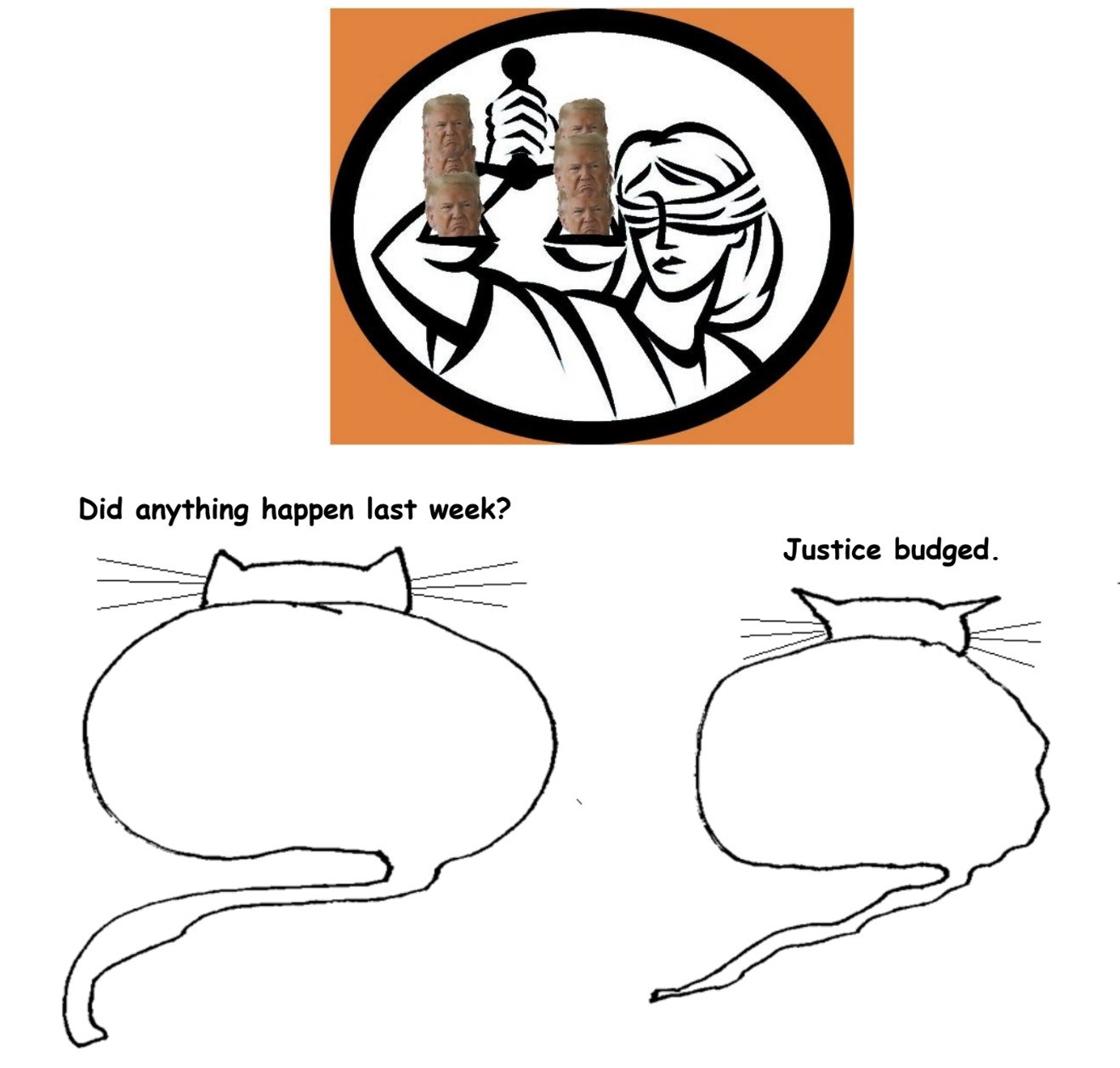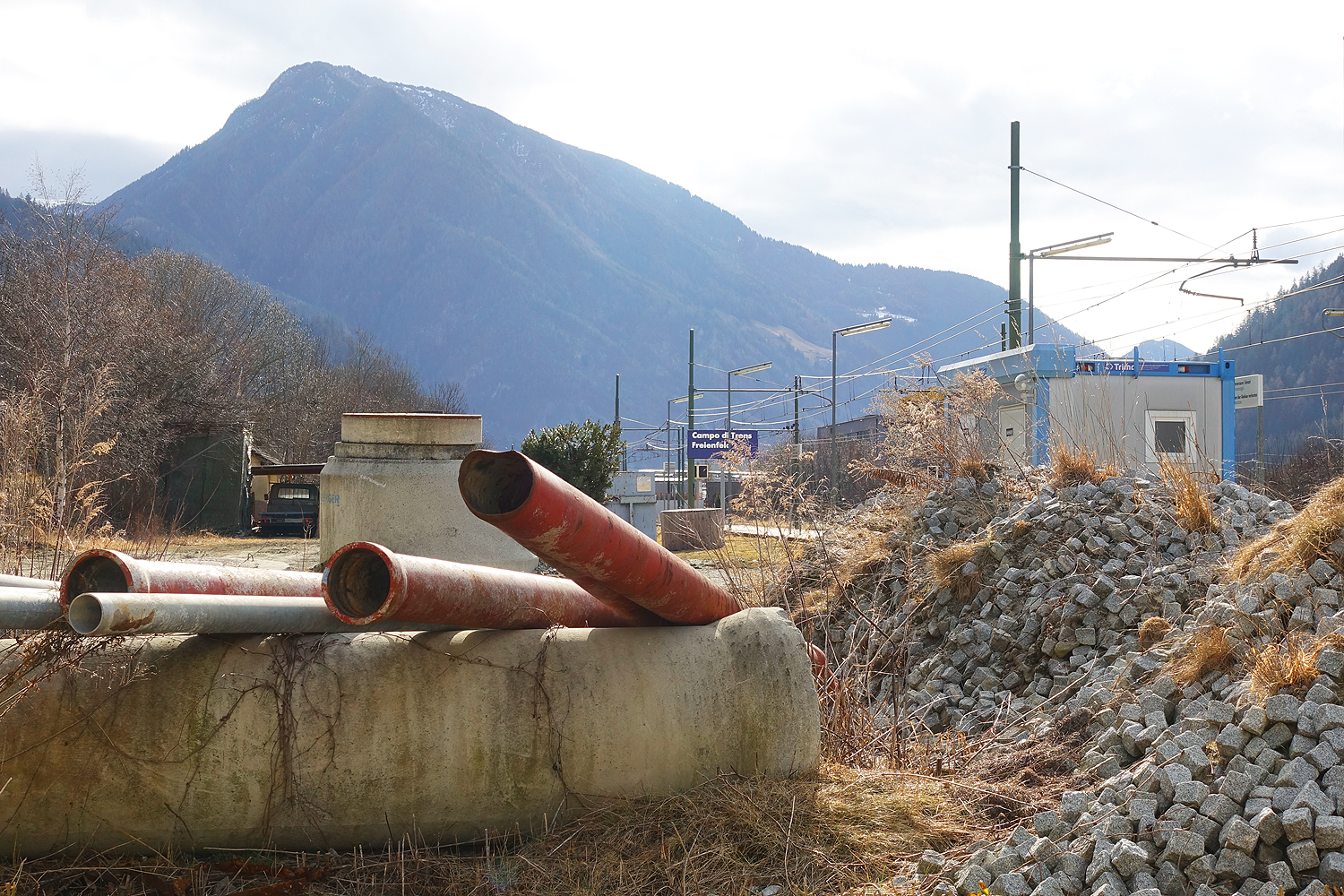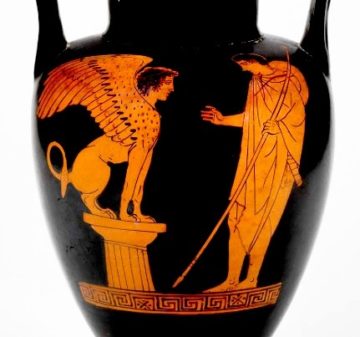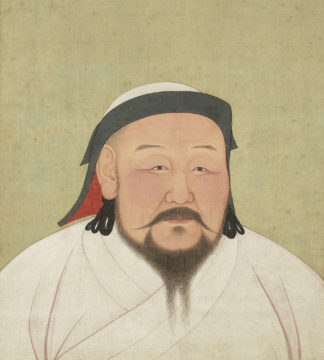by Thomas R. Wells
 Environmentalists are always complaining that governments are obsessed with GDP and economic growth, and that this is a bad thing because economic growth is bad for the environment. They are partly right but mostly wrong. First, while governments talk about GDP a lot, that does not mean that they actually prioritise economic growth. Second, properly understood economic growth is a great and wonderful thing that we should want more of.
Environmentalists are always complaining that governments are obsessed with GDP and economic growth, and that this is a bad thing because economic growth is bad for the environment. They are partly right but mostly wrong. First, while governments talk about GDP a lot, that does not mean that they actually prioritise economic growth. Second, properly understood economic growth is a great and wonderful thing that we should want more of.
Governments around the world – of every ideology – are in favour of economic growth all else being equal. Economic growth increases the wealth of a population and hence improves their options and those of the government that rules them. This is extremely politically convenient as it allows governments to serve all their various constituencies without having to make hard choices between them, and so keep them happy enough that they get to stay in power. Honest politicians can provide more public services to those who demand them, while keeping the tax rate the same. Corrupt politicians can get away with funneling money to themselves and their cronies without risking revolution. More money means fewer and easier political problems.
However, just because someone values a certain outcome, does not mean that they value it enough to take the necessary painful steps to achieve it. (Or else everyone would get A’s in all their exams and keep the waist size they had in high-school.) It turns out that the policies governments need to implement (or stop implementing) in order for their societies to get richer are often more politically costly than they are worth. Take for example governments’ responsibility for the housing crisis across the rich world, in which the price of housing rises faster than incomes. Read more »

 Sughra Raza. Untitled. April 1, 2023.
Sughra Raza. Untitled. April 1, 2023.




 According to my father, David Mamet once said that his scripts are about “men in confined space.” I have been unable to verify this quote, but if you look on the internet, there’s an awful lot of writing about Mamet and “confined space.” In particular, I suspect the origin of this apocryphal statement may be
According to my father, David Mamet once said that his scripts are about “men in confined space.” I have been unable to verify this quote, but if you look on the internet, there’s an awful lot of writing about Mamet and “confined space.” In particular, I suspect the origin of this apocryphal statement may be 

 Kevin Beasley. Reunion.
Kevin Beasley. Reunion.



 My favorite bookstore closed this month. Well, my favorite bookstore in Zurich, where I live. Also it hasn’t actually closed, it’s only changing hands. But
My favorite bookstore closed this month. Well, my favorite bookstore in Zurich, where I live. Also it hasn’t actually closed, it’s only changing hands. But 

